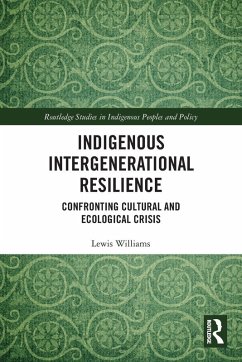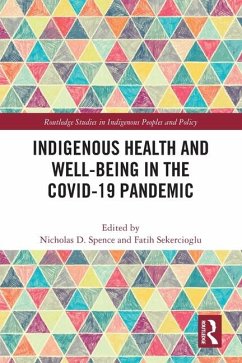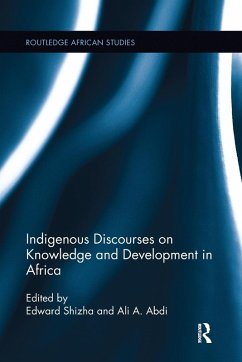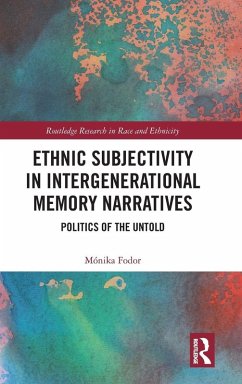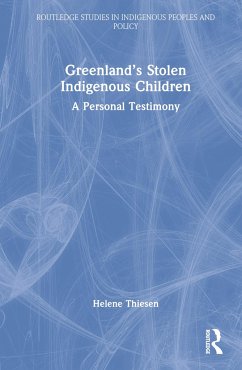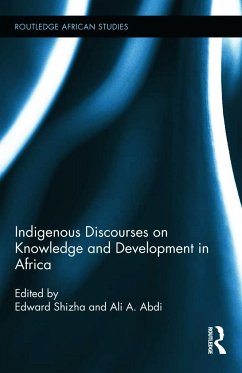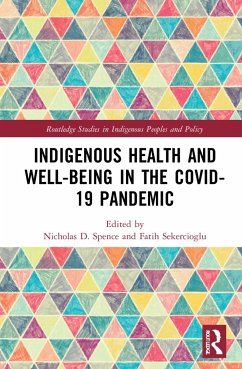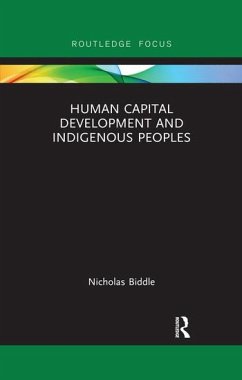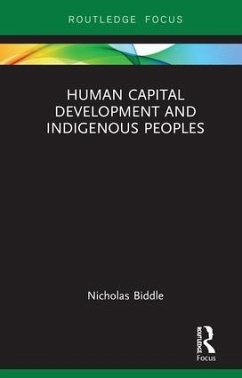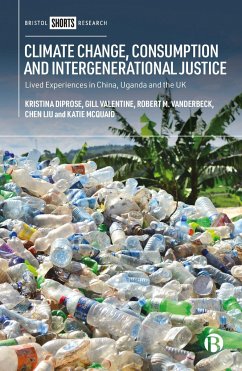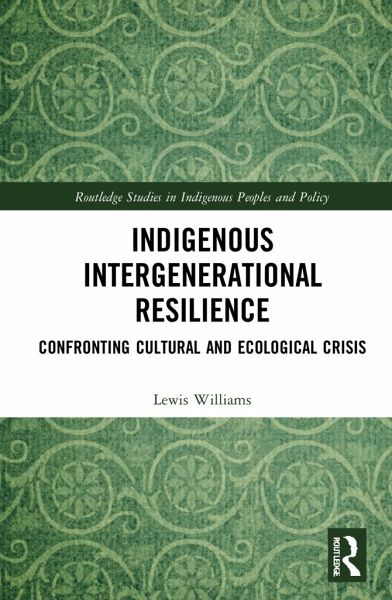
Indigenous Intergenerational Resilience
Confronting Cultural and Ecological Crisis
Versandkostenfrei!
Versandfertig in 1-2 Wochen
167,99 €
inkl. MwSt.
Weitere Ausgaben:

PAYBACK Punkte
84 °P sammeln!
This book argues that there is a need to develop greater indigenous-led intergenerational resilience in order to meet the challenges posed by contemporary crises of climate change, cultural clashes, and adversity. In today's media, the climate crisis is kept largely separate and distinct from the violent cultural clashes unfolding on the grounds of religion and migration, but each is similarly symptomatic of the erasure of the human connection to place and the accompanying tensions between generations and cultures. This book argues that both forms of crisis are intimately related, under-scored...
This book argues that there is a need to develop greater indigenous-led intergenerational resilience in order to meet the challenges posed by contemporary crises of climate change, cultural clashes, and adversity. In today's media, the climate crisis is kept largely separate and distinct from the violent cultural clashes unfolding on the grounds of religion and migration, but each is similarly symptomatic of the erasure of the human connection to place and the accompanying tensions between generations and cultures. This book argues that both forms of crisis are intimately related, under-scored and driven by the structures of white supremacism which at their most immediate and visible, manifest as the discipline of black bodies, and at more fundamental and far-reaching proportions, are about the power, privilege and patterns of thinking associated with but no longer exclusive to white people. In the face of such crisis, it is essential to bring the experience and wisdom of Elders and traditional knowledge keepers together with the contemporary realities and vision of youth. This book's inclusive and critical perspective on Indigenous-led intergenerational resilience will be valuable to Indigenous and non-Indigenous interdisciplinary scholars working on human-ecological resilience.




